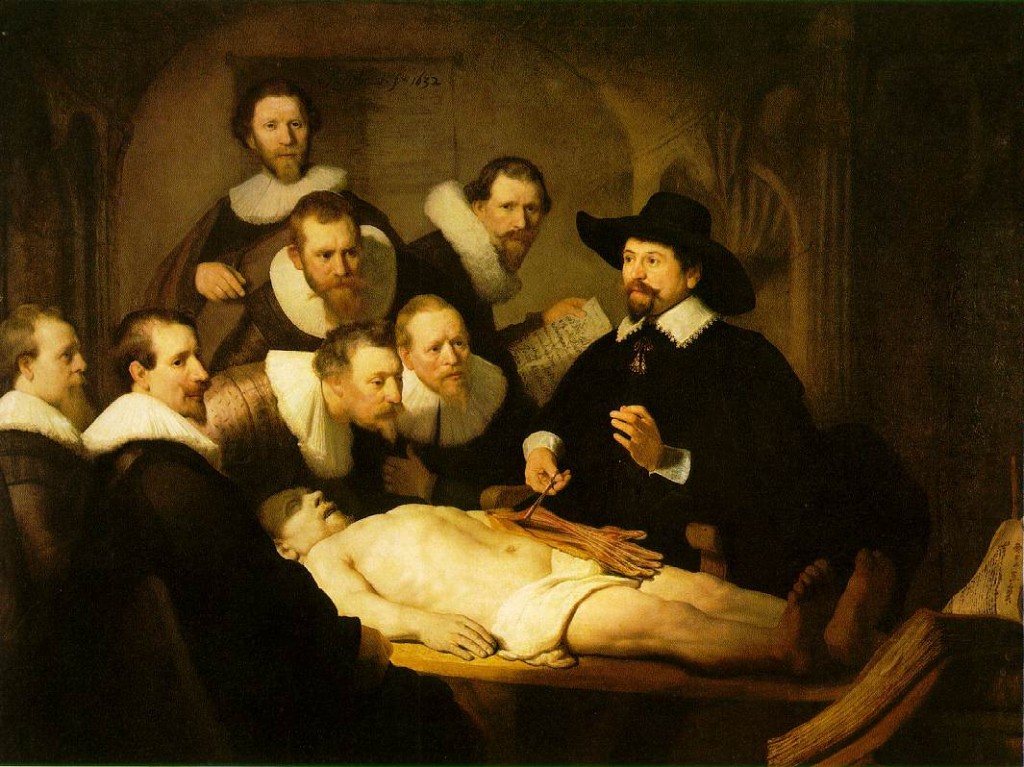…Ustinov was particularly acerb about British education. “English adolescence,” he once said, “runs from first childhood to second childhood without a break. With Englishmen of fifty, one can see exactly what they looked like at four. With Italians on the other hand, one can see at four what they’ll look like at fifty.”
His family managed to send him six years at Gibbs, an exclusive day school in London. There, Peter was subjected to the ultimate rigors of orthodoxy in education. Asked in one class to name the greatest composer, he said “Mozart.” When he was crisply informed that the correct answer was “Bach,” he muttered, “Well, Beethoven was as good as Bach.” For this display of independent thinking, he was given one hundred lines.

—Peter Ustinov was rector at University of Dundee from 1968 to 1974, the era the photograph was taken.
It’s quite an amusing image because Peter was really world famous at the time, what with his numerous film awards, his plays, books, his witty one-man shows etc etc etc – a gigantic list of achievements and a colossal all-round entertainer – and here he is in the city centre with a bench all to himself, none of the locals aware of his presence!
Photo by DC Thomson. —Read More:http://retrodundee.blogspot.ca/2011/11/peter-ustinov-in-nethergate.html
At thirteen Ustinov progressed to Westminster, where schoolmates called him “Used enough.” He flinched at the memory of parading to school in hard collar and top hat, carrying a furled umbrella. “The school prospectus,” he said, “explained that the reason for the umbrella was to make a clear distinction betwen schoolboys and bank messengers.”
At Westminster he was the traditionsl Sensitive Young Man of English fiction: good at English, miserable at science and mathematics, hopeless at cricket and rowing. Once he was kept in as punishment for writing a play about an American gangster. Another time, he said, he received a report stating that he showed great originality which should be curbed at all costs. He left abruptly in his third year, having decided that he couldn’t possibly pass his final examinations.
Ustinov’s father wanted him to become a lawyer. “I said,” Ustinov once recalled, “that I’d become an actor instead. It was the same profession, but less dangerous.” Accordingly, he entered the London Theatre Studio and spent two years there. Among the practice parts he played was that of a golden tressed siren attempting to seduce Ulysses as his ship passed an island. Ustinov’s speaking part consisted of these words: “See, see, Ulysses, weary and wise.” Ustinov, who even then was bulky, old-looking for his years, and anything but handsome, said he well understood Ulysses’ refusal to linger.

— Rembrandt’s The Anatomy Lesson (1630).
Image courtesy of N. Pioch’s WebMuseum. —Read More:http://psyc.queensu.ca/~psyc382/Rembrandt-AnatomyLesson.html
ADDENDUM:
(see link at end)…
Q: We seem to have left it off the film
t, so our apologies for that. But tell us about Will Hay. Was that a formative – ?Ustinov: Well, Will Hay wasn’t very funny but I found that very few comics are. There’s a famous club in Hollywood called the Hillcrest Club, and if you go there in the evening, or if you went there in the evening, you’d see all the great comics of a certain period, like Jack Benny and George Burns, all sitting round, all dressed in black, smoking cigars – it looked like an unknown Rembrandt picture, a study from The Night Watch, they were all, or else one of those Rembrandt pictures where a corpse is being [unintelligible] – the lesson in surgery. And they were all sitting round and you heard Jack Benny say, “I want some, I wanna I ask you, George. If the old woman falls down the stairs before she sees the banana peel, is that funnier than the other way round?” [Laughter] And George Burns would say, “Try both ways”. And this was, they were really dissecting jokes as though they were horrible little boys dissecting snails or something, they were quite awful. And not a titter, not a suggestion. They said, “Is it funny?” but they said it with the greatest gloom, like Puritans they sat around saying, “Is it funny?” And Will Hay was always wrapped in a blanket at certain hours and had his tea, and we all stopped talking while he was having his tea, and then we went on shooting. I don’t remember him saying anything memorable, nothing I could remember at all. He was very funny when you saw him on the screen, but in life all those people are very, very strange. I remember doing a radio thing with Robertson Hare and they had obviously put down “Oh Calamity”, which looks fine on paper, but when Robertson Hare came to do it he said, “Oh Calamity,” and the director said, “No, no. Couldn’t you do it the way you usually did it?” And he said, “I don’t know how I usually do it”. He said, “You drag it out more”. “Do I really? Yes. Oh Calamity.” “No, no, no. You did, Ohhh Calamity.” “Do I do that? Ohhh Calamity.” “That’s it!” [Laughter] “Yes,” he said. “Well, I hope I remember that.” [Laughter] Read More:http://www.screenonline.org.uk/audio/id/1124365/index.html





 COMMENTS
COMMENTS
Enjoyed reading, thanks. You have a very interesting blog.